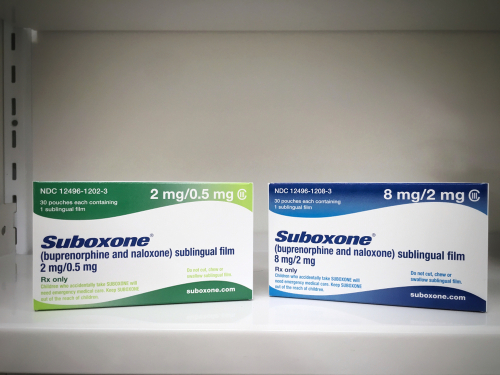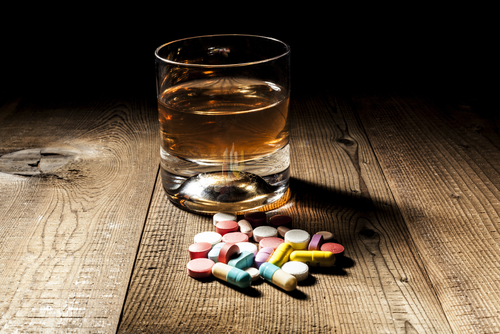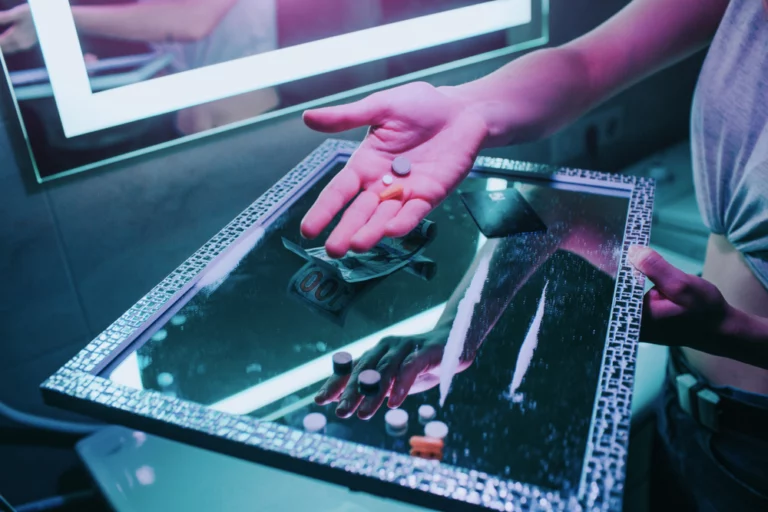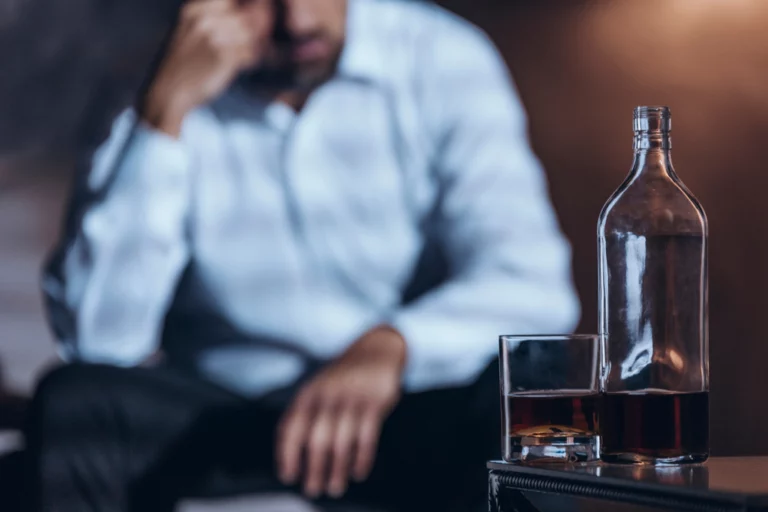If you’ve read or heard from someone that mixing Suboxone and alcohol can bypass the naloxone and induce a “high,” don’t listen. Suboxone is just like any other medication designed to treat a specific disorder or health condition, and it’s important to always follow the proper dosage and medication interaction guidelines. Otherwise, you risk experiencing extreme and dangerous side effects.
This short article is perfect for anyone taking or thinking about taking medications for opioid use disorder. It covers topics like mixing Suboxone with alcohol, the ideal waiting time after your daily dose before eating or drinking, Suboxone’s with other medication, and the time it takes for Suboxone to leave your system.

Can You Mix Suboxone And Alcohol?
No, you should never mix Suboxone and alcohol, no matter the prescription dosage or alcohol type. Suboxone contains a mild opioid and central nervous system called buprenorphine, which targets the brain’s mu, delta, and kappa opioid receptors. Despite the energy and motivation alcohol induces, it’s also a central nervous system depressant and targets the brain’s GABA (Gamma-Aminobutyric Acid), glutamate, dopamine, serotonin, and endorphin receptors.
Both depressants induce sedation, relaxation, and euphoria, which is why opioids are usually prescribed for pain relief and why movies or television shows might have a character drink alcohol before receiving an impromptu surgery. However, Suboxone isn’t like oxycodone or hydrocodone and isn’t prescribed for pain relief. Instead, it’s given to individuals who want to quit powerful opioids like oxycodone or heroin without experiencing uncomfortable and potentially dangerous opioid withdrawal symptoms.
Even though Suboxone is a mild opioid, combining it with alcohol can increase and worsen the side effects of both substances, such as extreme drowsiness, liver disease, respiratory depression, heart rate and blood pressure issues, cognitive and coordination problems, coma-like states, and death. Never combine alcohol with any form of Suboxone or other medications containing buprenorphine, including:
- Sublingual films and tablets dissolved under the tongue. These are also sold under generic labels and as Zubsolv.
- Buprenorphine transdermal patches (Butrans) applied to the torso. These are mainly for pain relief, but the rules regarding alcohol still apply.
- Buccal film (Bunavail) dissolved between the gum and cheek (oromucosal). Bunavail was discontinued in 2020.
Read more: 15 Suboxone Overdose Symptoms You Should Know

Should You Eat After Taking Suboxone?
After taking Suboxone sublingual films and tablets, wait at least 30 minutes before eating or drinking. However, you can eat or drink immediately after using a buccal film or applying a transdermal patch. It’s mainly important the tablets or films dissolve in your mouth before doing anything else, including brushing your teeth or using mouthwash.
There have been some cases where grapefruit and grapefruit juice increased the side effects of buprenorphine, but there are no other known foods that interact with or affect Suboxone’s effectiveness. If you have gastrointestinal issues, such as irritable bowel syndrome or Crohn’s disease, experts recommend eating before taking Suboxone to avoid an upset stomach or nausea.

Can You Take Suboxone With Other Medication?
You shouldn’t take Suboxone with any central nervous system depressant or stimulant unless directed and approved by a medical professional. Suboxone needs to work without hindrance to effectively relieve or eliminate opioid withdrawal symptoms.
Benzodiazepines, other opioids, barbiturates, and even inhalants are usually stronger than alcohol and will increase the risk of side effects. Since opioids already depress the nervous system, which slows your heart rate and breathing, stacking another medication (also called crossfading) can induce respiratory failure, unconsciousness, and death. In 2021, up to 14% of overdose deaths involving opioids also involved benzodiazepines.
Cocaine, meth, and amphetamines like Adderall can “cancel out” the effects of Suboxone, and the body can begin to experience withdrawal symptoms if it doesn’t detect an opioid in its bloodstream or brain. Some individuals in recovery are often not prescribed Adderall, Ritalin, or another stimulant for ADHD or narcolepsy until they’ve tapered off Suboxone.
Talk with your doctor or addiction treatment team if you’re currently taking another medication before being prescribed Suboxone during detox.
Read more: A Guide to the Dangers of Snorting Oxycodone
How Long Does It Take For Suboxone To Leave Your System?
It takes around 36 hours for half of buprenorphine to leave your system and around eight days to leave your body completely. If someone attempts to misuse Suboxone, the naloxone will activate and has its own half-life of one to two hours, completely leaving your system within 5 hours. However, buprenorphine can be detected in the body for up to a week in saliva (the most common detection route), up to two weeks in urine, and up to three months in hair follicles.
Since Suboxone is prescribed for daily use, it’ll likely be in your system for as long as you’re on it, which can last up to 12 months. Over this time, your doctor or detox specialist will slowly lower your Suboxone dosage once your withdrawal symptoms and cravings are minimal or absent, confidence and motivation are higher, employment or schooling is stable and consistent, and you have an emotional and healthy support system. The average Suboxone treatment timeline varies for everyone, so don’t feel out of place if you need treatment for much longer. The overall goal is always your needs and health.
Contact Knoxville Recovery Center
If you or someone you know is abusing or mixing Suboxone and alcohol, contact Knoxville Recovery Center. Our addiction and detox treatment facility is the perfect place to overcome opioid and alcohol use disorders and learn if Suboxone is the right step for you. We combine medically supervised detox, evidence-based and holistic therapy, and aftercare planning into a comprehensive and personalized addiction treatment plan. Call today and learn more about Knoxville Recovery and the path to wellness.








